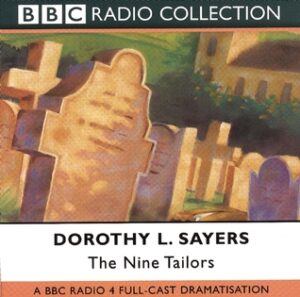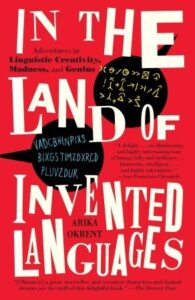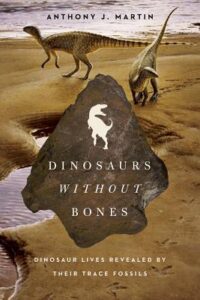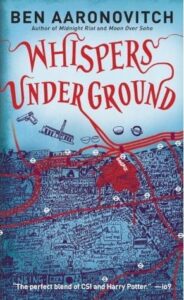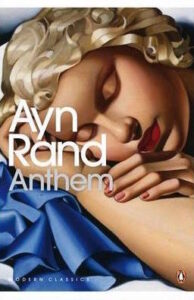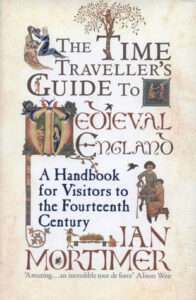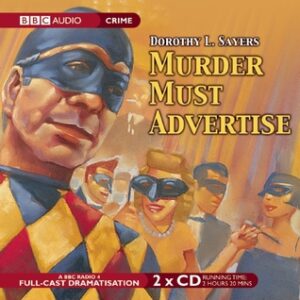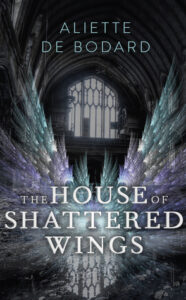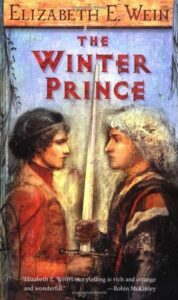 The Winter Prince, Elizabeth E. Wein
The Winter Prince, Elizabeth E. Wein
Flashback Friday review from 12th February, 2011
After finishing The Winter Prince, I had to stop for a minute to think about it — do I like it? How much did I enjoy it? The style is very interesting: it seems to be straight first person narration at times, but when Medraut’s mother appears, it becomes apparent that he’s addressing the story to her. It deals with one of the issues that lie at the heart of the Arthurian mythos, often blamed for the fall of Camelot: the incest between Arthur and his sister. It works out the issues, in a way, binding Medraut to his brother, Lleu, and neutralising him, though it’s not an easy road for either of them to walk.
It also deals with the issues of abuse, a horribly powerful link between Medraut and his mother, and even between his mother and his brothers. He has to deal with the tangled feelings that come when at one moment someone will hurt you horrifically and the next comfort you, when they’ll say it’s for your own good or that you did wrong, to excuse them torturing you. Medraut’s confusion is well done: I couldn’t predict what he would do and how, I couldn’t predict whether he would go free of her at the end or not.
With the point of view it took, I suppose it’d be hard to show more of Medraut’s mother and her motivations, but I found that somewhat difficult to swallow, of everything in the book. So casually evil, toying with other people as though they’re not real… Goewin and Ginevra are positive female characters, to an extent, though the latter does very little after the opening of the novel. Goewin hints at a way she could become like Medraut’s mother, so there is a bit of a sense of circumstances making her the way she is, but still… I did want more, I wanted less senseless evil and more a sense of someone made the way she is by being wronged and so on. Turning Morgause and Morgan Le Fay and their like into evil witches is one of those ways of pathologising female power that people don’t seem to guard against.
The Winter Prince can be a quick, easy read, but there’s darkness at the heart of it — which is, I suppose, countered by the end.

